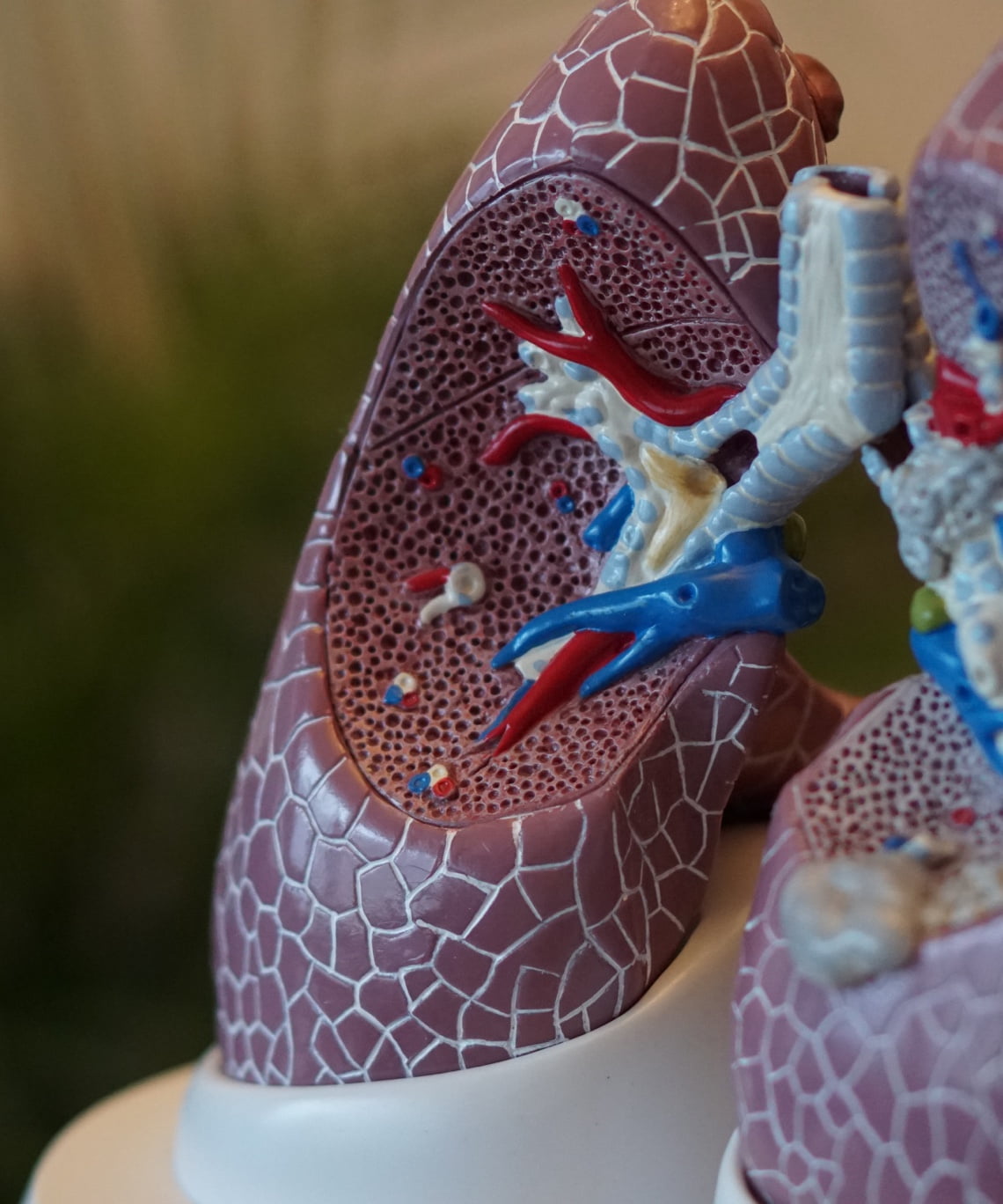CATHERINE PSARAS
Catherine Psaras is a 2021 Toffler Scholar at UCLA
Biography
Catherine Psaras grew up in New Jersey. The daughter of immigrants, Catherine’s mother is from England and her father is from Greece. As a child, she spent idyllic summers in Greece, where she remembers eating figs off of trees.
Both of Catherine’s parents instilled in her their belief in education. Her mother earned her PhD in neuropharmacology and works in a pharmaceutical company; her father earned his PhD in Chemistry and is a theoretical inorganic chemist.
Inspired by two fantastic AP economics teachers in high school, Catherine decided to pursue a degree in the field. She began attending Rutgers but, as time went on, she felt drawn to healthcare and began considering a shift to pre-med. During a serendipitous meeting, one of her mother’s colleagues suggested Catherine pursue health economics as a way to encapsulate both of her interests. That conversation solidified Catherine’s plans. A few years later, she graduated with a BA in Economics and Public Health.
As part of her undergraduate work, Catherine completed her honors senior thesis on the HPV vaccine in non-Hispanic black populations in the United States. Her research showed that the HPV vaccine was more cost effective in certain populations than was previously thought. While writing her undergraduate thesis on this subject, Catherine realized how much she loved research. Though she had applied to many different jobs her senior year, she took a chance on UCSF in the ophthalmology department. Packing up everything she owned, she moved from New Jersey to San Francisco.
Catherine spent two years at UCSF, and the experience allowed her to work on many different projects while collaborating across
![Catherine Psaras [UCLA]Evaluating the maternal pertussis vaccine recommendations on infant mortality](https://tofflertrust.org/wp-content/uploads/2022/01/catherine-psaras@3x.jpg)
numerous disciplines. The one that sparked her interest most was epidemiology, because it enabled her to do the data modeling that she loved during her work in economics, but with health-focused data, which spoke to her sense of purpose. This, she decided, is where she felt at home as a researcher; and Catherine decided to pursue a epidemiology PhD at UCLA.
Catherine’s current research focuses on perinatal epidemiology, substance use disorders, and pharmacoepidemiology. Her work explores the use of electronic health records and large healthcare databases to analyze the effectiveness of different pharmaceutical treatment and prevention modalities.
Someday, Catherine hopes to work in post-approval medication safety. Specifically, she wants to use observational research to help fill in the gaps about the different populations and dissimilar medication interactions that clinical trials could not determine.
“To me, what makes all of my work worthwhile is being able to make a difference in people’s lives. I get the opportunity to make connections with patients and ultimately do research that will help them.”
– Catherine Psaras
![Catherine Psaras [UCLA]Evaluating the maternal pertussis vaccine recommendations on infant mortality](https://tofflertrust.org/wp-content/uploads/2022/01/catherine-psaras@3x.jpg)
BIOGRAPHY
Catherine Psaras grew up in New Jersey. The daughter of immigrants, Catherine’s mother is from England and her father is from Greece. As a child, she spent idyllic summers in Greece, where she remembers eating figs off of trees.
Both of Catherine’s parents instilled in her their belief in education. Her mother earned her PhD in neuropharmacology and works in a pharmaceutical company; her father earned his PhD in Chemistry and is a theoretical inorganic chemist.
Inspired by two fantastic AP economics teachers in high school, Catherine decided to pursue a degree in the field. She began attending Rutgers but, as time went on, she felt drawn to healthcare and began considering a shift to pre-med. During a serendipitous meeting, one of her mother’s colleagues suggested Catherine pursue health economics as a way to encapsulate both of her interests. That conversation solidified Catherine’s plans. A few years later, she graduated with a BA in Economics and Public Health.
As part of her undergraduate work, Catherine completed her honors senior thesis on the HPV vaccine in non-Hispanic black populations in the United States. Her research showed that the HPV vaccine was more cost effective in certain populations than was previously thought. While writing her undergraduate thesis on this subject, Catherine realized how much she loved research. Though she had applied to many different jobs her senior year, she took a chance on UCSF in the ophthalmology department. Packing up everything she owned, she moved from New Jersey to San Francisco.
Catherine spent two years at UCSF, and the experience allowed her to work on many different projects while collaborating across numerous disciplines. The one that sparked her interest most was epidemiology, because it enabled her to do the data modeling that she loved during her work in economics, but with health-focused data, which spoke to her sense of purpose. This, she decided, is where she felt at home as a researcher; and Catherine decided to pursue a epidemiology PhD at UCLA.
Catherine’s current research focuses on perinatal epidemiology, substance use disorders, and pharmacoepidemiology. Her work explores the use of electronic health records and large healthcare databases to analyze the effectiveness of different pharmaceutical treatment and prevention modalities.
Someday, Catherine hopes to work in post-approval medication safety. Specifically, she wants to use observational research to help fill in the gaps about the different populations and dissimilar medication interactions that clinical trials could not determine.
“To me, what makes all of my work worthwhile is being able to make a difference in people’s lives. I get the opportunity to make connections with patients and ultimately do research that will help them.”
– Catherine Psaras

Research Focus
Challenges
Pertussis, often called whooping cough, is a highly contagious respiratory infection. The violent coughing that patients experience often makes it hard to breathe. Although anyone can contract pertussis, it can be deadly for babies less than a year old.
To protect against this disease, babies are given the pertussis vaccine when they are two months old. However, they are still extremely vulnerable during this time. To try and protect these infants, the CDC currently recommends that anyone who is pregnant receives the pertussis vaccine during the latter stage of pregnancy. This is called the maternal pertussis vaccine. The antibodies produced from this vaccine are passed to the baby in vitro, offering protection until the baby can receive the vaccination.

Focus and Priorities
The objective of Catherine’s initial research was to study the effectiveness of current public policy surrounding the maternal pertussis vaccine. Because deaths from pertussis are somewhat rare and driven by outbreaks, analyzing trends in the data is difficult.
To overcome this obstacle, Catherine and her team used data from the CDC over time,
comparing data before and after the maternal pertussis vaccination recommendation was issued.
What they found surprised them: after the maternal pertussis vaccine recommendation, there was no discernible impact on pertussis deaths in infants in the United States.

Benefits
Catherine and her team posited that one reason this might be the case is because the populations who are at highest risk for death from pertussis are not the most likely to get the vaccine. There's evidence that the infants who are least likely to die from pertussis are the most likely to have mothers who are vaccinated. This indicates that we might need different strategies to reach the most vulnerable populations. Catherine hopes that additional research can provide new strategies to reduce infant deaths from pertussis.
Karen Toffler Charitable Trust Investment
Funding from the Karen Toffler Charitable Trust will help Catherine present her research and get additional feedback from the scientific community, a process that has already started. Catherine’s research was chosen for a spotlight presentation at the international conference on pharmacoepidemiology. She is looking forward to receiving feedback from those at the conference to help her and her team hone their research. The long-term goal is to save lives. Although infant deaths from Pertussis happen every year in the United States, they are preventable, and Catherine hopes her research can protect more children from this disease.
Karen Toffler Charitable Trust Investment
Funding from the Karen Toffler Charitable Trust will help Catherine present her research and get additional feedback from the scientific community, a process that has already started. Catherine’s research was chosen for a spotlight presentation at the international conference on pharmacoepidemiology. She is looking forward to receiving feedback from those at the conference to help her and her team hone their research. The long-term goal is to save lives. Although infant deaths from Pertussis happen every year in the United States, they are preventable, and Catherine hopes her research can protect more children from this disease.

“The scientists working in epidemiology and pharmaceutical science are trying to do the best research that they can without ulterior motives or agendas. We want to move toward that ever-elusive truth about what is safe and effective. We're excited about our research. If you have questions, ask a scientist!"
– Catherine Psaras